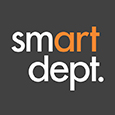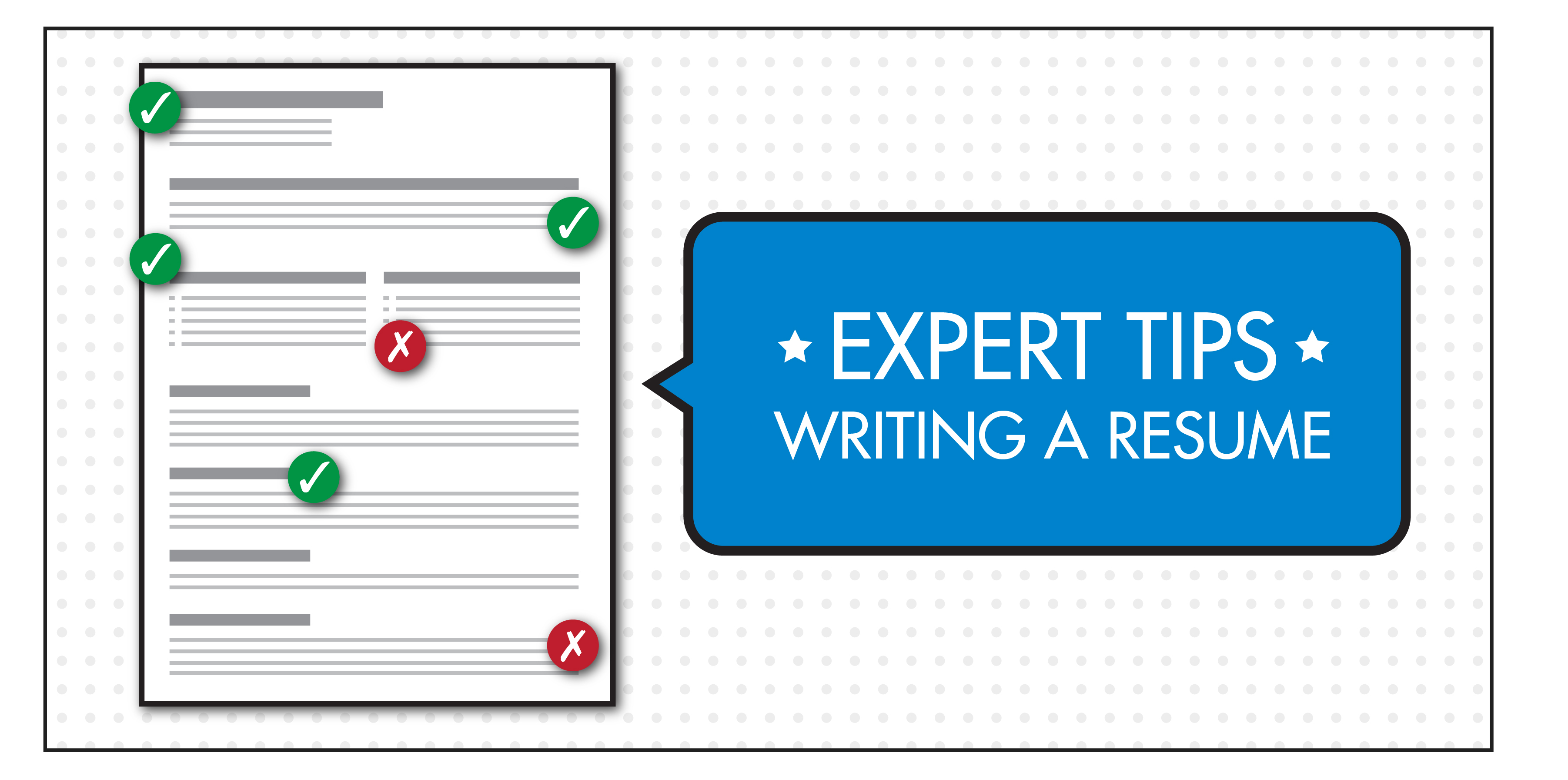In the 10 years I’ve been in staffing, I’ve looked at 3 million resumes (give or take a few 100,000). I’m excited to share some expert advice on making your resume excellent.
First at foremost, tailor your resume to align with the job you want, while keeping in mind that formatting, organization, and readability are important as well. Take a long look at the job description for the role you have in mind. What key words and ideas jump out at you? What have you accomplished in your career that makes you an awesome fit for the position? Do you have the software/technical skills reflected in your resume that are required? Your resume should reflect all of these things.
The closer your resume matches up with the job description, the more compelling it will be for a Recruiter or Hiring Manager to follow up with you. It may be easy to assume that having a certain job title means you have a specific kind of experience, but you need to spell things out for someone like a recruiter who might have many candidates in front of them with the same job title. If you are applying for a role that requires certain experiences, and you have that experience – add a specific section with examples of those.
LENGTH: Stick to a one-page resume if you have less than five years of experience, and expand into two pages if you’re more seasoned.
FORMATTING:
- Stick with standard fonts like Arial, Garamond, Times New Roman or Calibri. They’re easy on the eyes
- Choose size 11 or 12 font – making the font smaller to fit everything on one page is not ideal – it needs to be legible
- Avoid script fonts. Use italics, bolding and caps sparingly
- “Creative” formatting like using heavy graphics or running text diagonally across the page is never a good idea – sometimes your resume only gets a quick glance, make it count!
STRUCTURE:
- Header: Your name, email address, phone number, city, state and zip code should be clearly listed at the top of the page. No need to share your street address.
- Summary: A well-written Summary sets the stage for the rest of your resume. Five to seven sentences are ideal. Speak to your years of experience, area of specialization, and industries in which you’ve worked. Do you have an advanced degree? Do you have staff management experience? Are you a strong project manager? Have you worked for a big name company or client? What are your technical or software skills? Look at that job description again – and format each summary to each specific role you are applying for. What can you call attention to on a high-level to matches the things that the description calls for?
- Tools/Skills: After your summary, make a quick list of the programs and skills in your toolkit – leading with those called for in the job description. Whether you’re a marketing analyst well-versed in Adobe Analytics and SQL or a designer skilled at using Adobe Creative Cloud, call attention to your familiarity with the required and nice-to-have tools.
- Professional Experience:
– List your experience chronologically, with your most recent job listed first.
– If you have been working for an agency or freelancing, include the names/industries of your top clients. Unless your company is a house-hold name, include a one line description about your company. Are they national or global? This helps put your experience into context.
– Lead with your company, title, start and end dates including months, not just the year.
– When describing your role, think about the job description again. Lead with information that ties back to the job you’re applying to. More than just a list of tasks, speak to your measurable accomplishments. How have you impacted the bottom line?
– Format these points in a bulleted list, rather than a big block of text.
EDUCATION: If you are early in your career (less than three years out of school), consider floating your Education as the first item on your resume. If not, the Education section should be toward the end. Include the name of your school, the degree earned, and your graduation date.
THINGS TO LEAVE OFF:
- “References available upon request.” This is assumed.
- Personal interests can be appealing to potential hiring managers, but avoid anything that is polarizing such as religious affiliations.
For feedback on your resume and a hand with your job search, get in touch with a real-life smartie today!
Find a job in Chicago >
Find a job in Grand Rapids >
Find a job in Seattle >
from the desk of Amy Porter, Sr. Creative Consultant in Chicago

